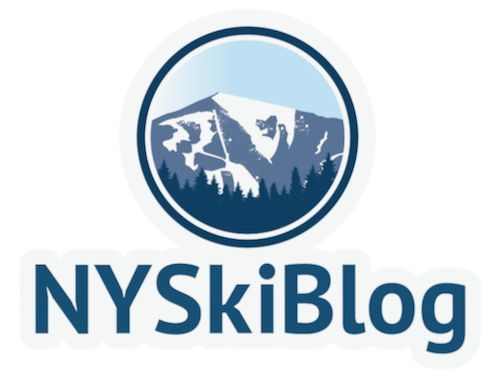
Sea to Sky Gondola Vandalized for Second Time
An investigation by the Canadian Mounted Police is ongoingwww.powder.com
Wow. I wonder if hiring guards posted along the gondola line year round would be cheaper than paying upwards of $10m a year to repair the damage from this eco-terrorism?




